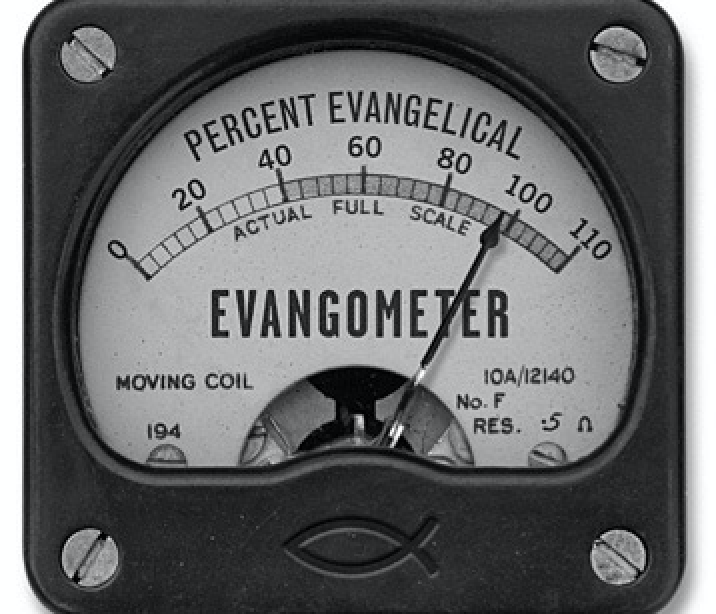Journalists tend to remember symbolic details from many of interesting interviews — whether they are with superstars of various kinds or ordinary people who have seen remarkable things.
Exhausted after signing hundreds of copies of her “Love Can Build a Bridge” memoir back in 1993, Naomi Judd retreated to her tour bus parked behind the bookstore. She apologized for heading to the back room to get out of one of her famous stage dresses and into something from her farm outside of Nashville. The ground rules: no photos, but all questions were fair game.
At point in her life, she had already talked about some dark days and nights — from rape to a crisis pregnancy and beyond. But she hadn’t dug deeper into her childhood and the abuse that created the deep pools of depression that would eventually take her life.
But this was a woman who was driven to talk about her angels, as well as her demons. My favorite quote from that interview didn’t make it into the “On Religion” column that I wrote pre-Internet, but stashed deep in my file cabinets with pages of notes and transcripts.
Naomi Judd stressed that if people — journalists included — want to understand country music, and the relationship between the musicians and their fans, they need to remember that it’s normal, in a country music show, “to sing about Sunday morning, as well as Friday and Saturday nights.”
That’s what I went looking for in the coverage of her death and then the ceremony in which The Judds — Wynonna and Naomi — entered the Country Music Hall of Fame. Here’s the top of the Nashville Tennessean report on that event, as it ran in USA Today:
As Grammy-winning duo The Judds were inducted into the Country Music Hall of Fame Sunday evening, Wynonna Judd addressed the passing of her mother Naomi just one day earlier.
Following brief remarks from her younger sister Ashley, Wynonna spoke for roughly four minutes.
"It's a strange dynamic to be this broken and this blessed. … But though my heart is broken, I will continue to sing," she said.
Wynonna said Naomi Judd, 76, passed away at 2:20 PM, and that she kissed her mother "on the forehead and walked away." She also stated that the last act she, Ashley and unnamed other family members did together was praying the Bible's 23rd Psalm. The crowd in attendance all recited the Psalm in unison with Judd to complete her speech.
That’s solid and hints at the atmosphere during the ceremony.
Truth is, Hall of Fame member Ricky Skaggs — who knew the Judds from the days before their rise to fame — took the audience to church, as he struggled to control his emotions through the entire speech-sermon.










